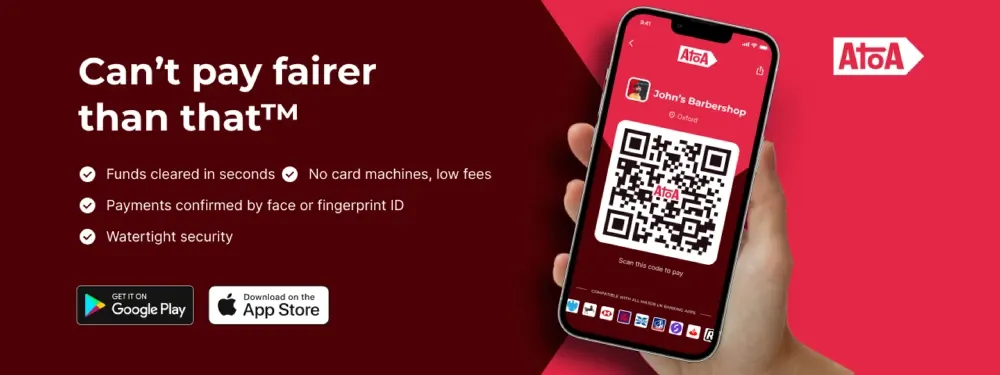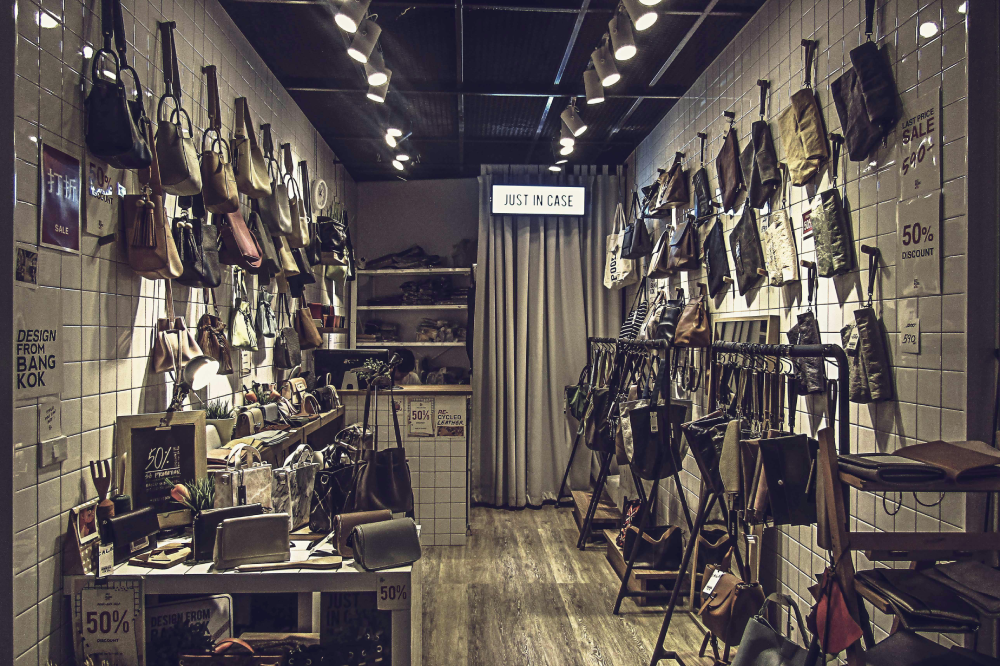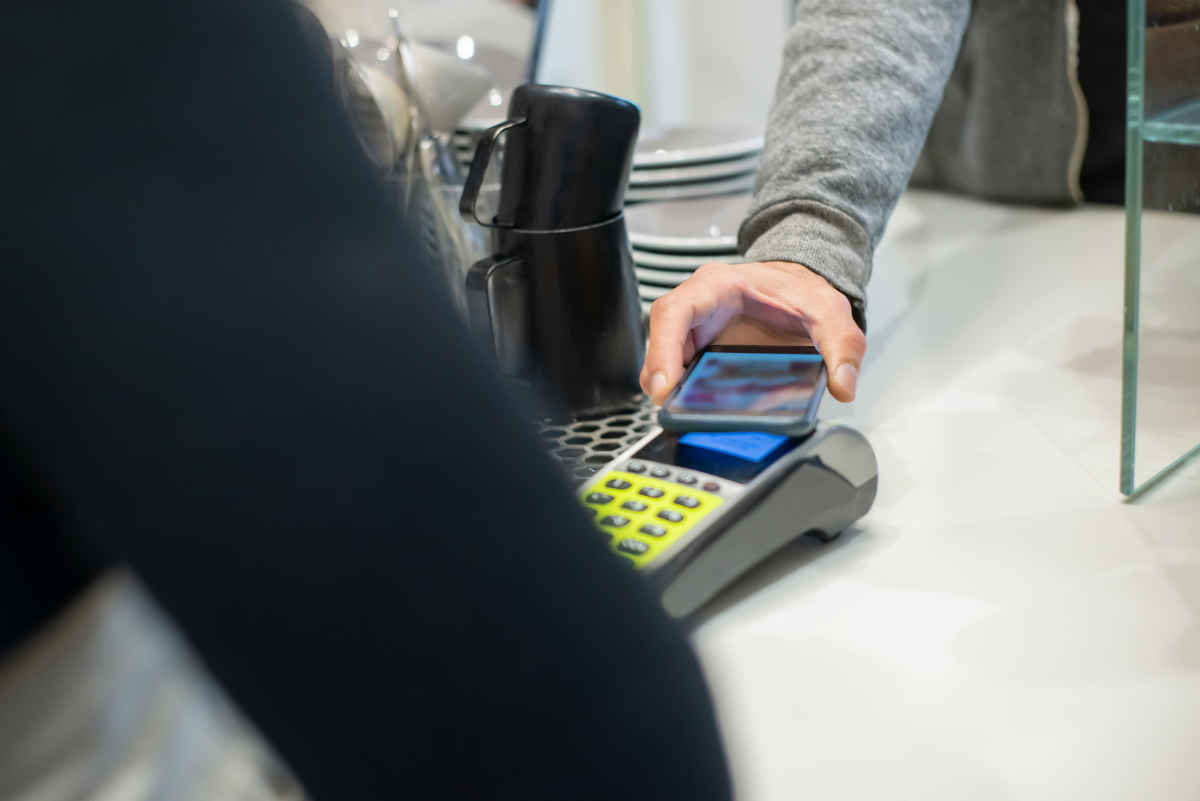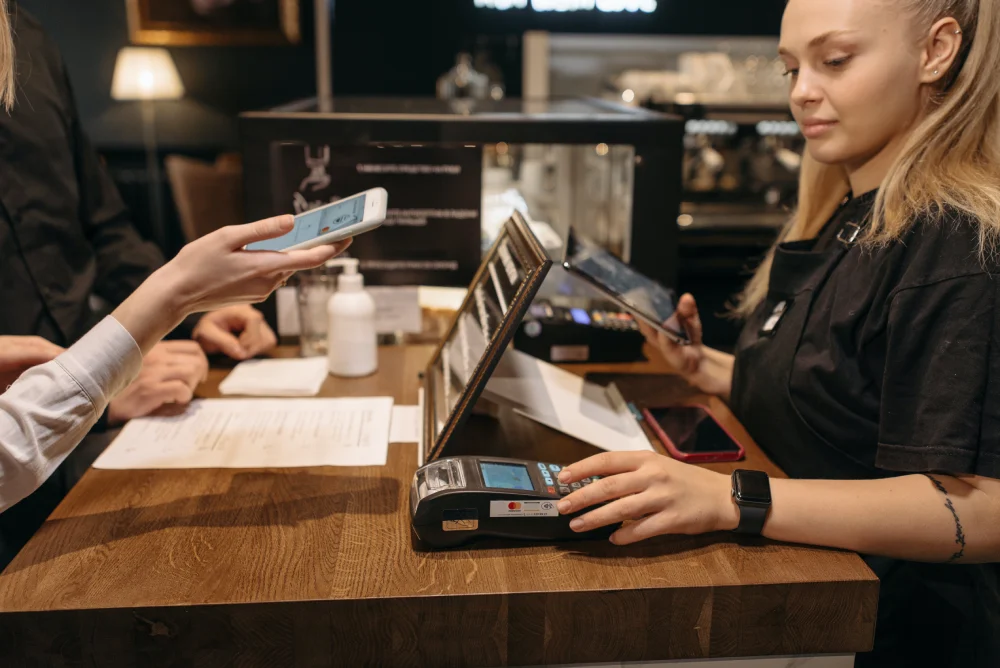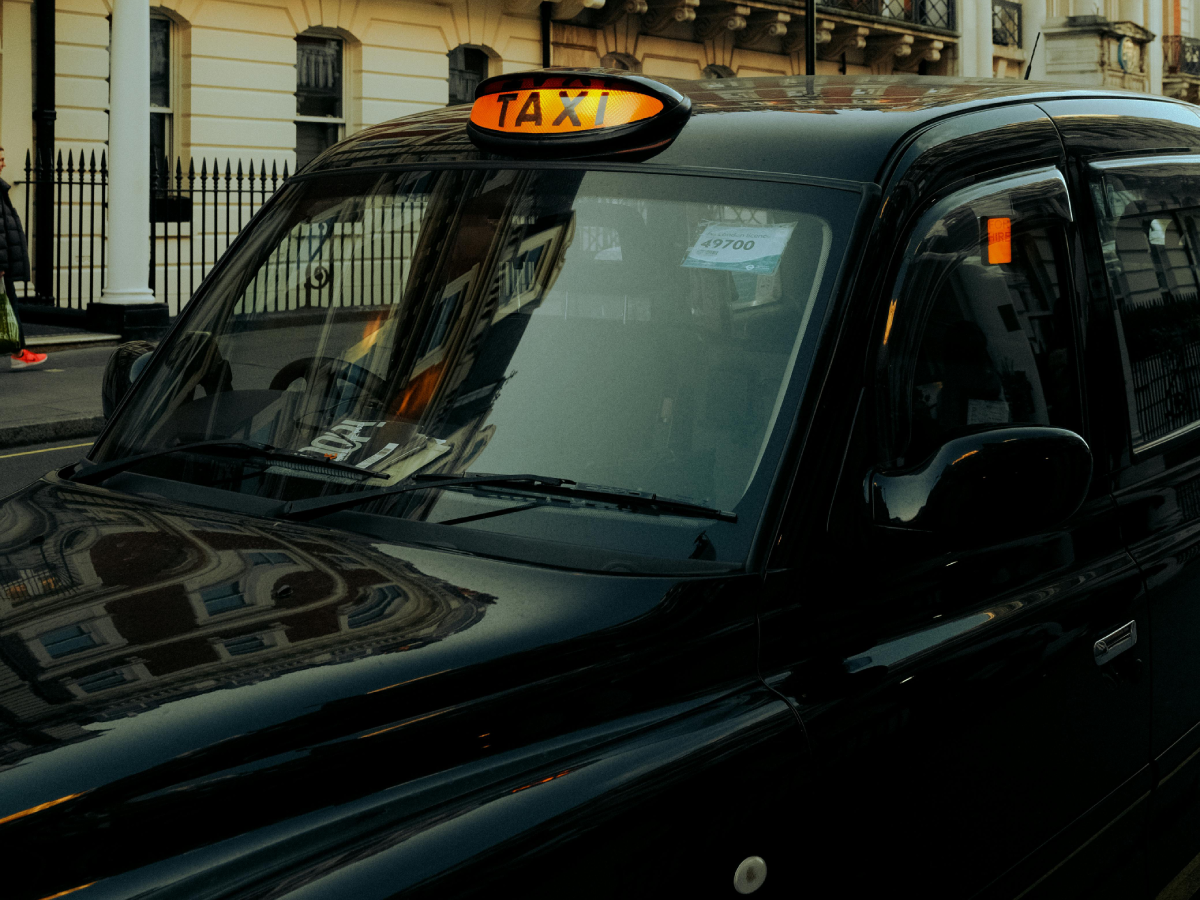Ready to get started?
Easily integrate next-generation payments and financial data into any app. Build powerful products your customers love.
Are you wondering how to start a retail business in the UK? A retail business purchases products or services from a manufacturer or wholesaler and sells them to consumers. Retail is a sprawling industry that reaches far and wide, covering everything from food and apparel to homewares and cars. With this in mind, the retail industry offers many opportunities for entrepreneurs, but its competitive nature also adds risk. However, with smart planning and support, you can easily stand above the competition.
In this blog post, I will guide you through the process of opening a retail business in the UK, from writing a retail business plan to a soft launch. Ready to get started? Follow our simple roadmap to get on track, from compiling a retail business plan to the fun stuff, like marketing and events.
Step 1: Write a business plan
In simple terms, a business plan maps out your new venture’s objectives and the best way to achieve them. Think of it as planning your route to success but also as a reference point to navigate any roadblocks. And the further you look ahead, the better: a five-year plan shows you’re serious and have conjured up milestones for this exciting journey.
How to craft the perfect pitch
Imagine you’re stuck in an elevator with a potential investor. You have just the short time it takes to reach the top floor to convince them your business is the next big thing. That’s an elevator pitch: a quick, clear, and attention-grabbing explanation of your idea delivered in 30-60 seconds.
The reality is that you won’t close the deal in the elevator; instead, you will grab their attention and leave them wanting to learn more.
- Outline a problem and solution: Explain the problem you solve or the need you fill in a few words.
- Benefit: Show how your idea or what you do makes people’s lives better.
- Unique selling point (USP): What makes you different?
Whilst you might not actually be at the point of going out and pitching to investors, an elevator pitch can be the strong foundation your business plan needs. Elevator pitches can also be condensed down to tackle our next task: the top-line description. This is a summary of your retail business and how you plan to accomplish your goals. Suppose you’re planning on opening an eco-fashion store. In that case, it might look something like this:
“We source and develop sustainable children’s clothing made from recycled ocean plastic, catering to eco-conscious parents looking for comfortable yet conscious everyday wear for 0-12-year-olds.”
Your top-line description is your first impression, so make it count!
Step 2: Get wise with market research
Carrying out some focused analysis in your local area (and beyond) is a great way to identify target markets and competitors. Take some time to understand your customers’ needs and preferences and how your retail offering can stand out from the rest.
Run through the following checklist to get the best out of your market research efforts.
- Who your customers are: Determine your target market, including their age, gender, typical income, and location.
- What they like: Uncover your demographic’s lifestyle, values, and what interests them.
- Competitors: Analyse your competitors’ strengths and weaknesses and how you can differentiate yourself from them.
Step 3: Finance your new retail business
How much does it actually cost to open a new business? The cost of starting a retail business in the UK can vary depending on factors like the type of business and location. According to research by quotemyenergy.co.uk, the estimated cost to cover the first year of a retail store’s life is around £172,000 on average. However, this is just an estimate, and the actual cost can fluctuate depending on what you set out to do.
Costs of starting a retail business
- Your store: This includes renting or buying a physical store location, as well as any decorating or refurbishment costs. If you’re in e-commerce, you still need to consider a domain and online store.
- Stock: Nobody wants empty shelves, so you need to invest in products or materials for your customers to buy.
- Equipment: This can range as far and wide as POS for checkout to handsets for customers to browse or check stock on.
- Marketing and advertising: Eager shoppers need to know your store is there; promoting it effectively with advertising, social media, and a website is a must.
- Your team: Going it alone can be tricky, so you’ll need to consider the costs of hiring and training employees.
- Bills and utilities: Essentials like electricity, heating, and water to keep customers comfortable.
Completing this checklist will help you identify potential challenges and risks you may face. Take time to explore sources of finance, such as bank loans, crowdfunding, and investors, to help you raise the capital you need to get started.
Having a catchy concept is great for business, but your retail store won’t get far without funds. Estimating startup costs is a crucial step, so don’t skip it. Before you start anything, create a detailed budget to help you estimate the costs of starting your retail business. Whilst it may seem overwhelming, understanding startup costs means you know how much money you need to get started and stay open. This will help you avoid any surprises down the road and ensure that you have enough support to succeed.
Step 4: Register your retail business
The next step is to register your business to comply with legal, compliance, and payment regulations. When registering your business, you’ll need to carry out the following essential admin:
- Business structure: Choose the best structure for your needs.
- Business name: Decide on a name of your business, which should be unique and not already in use.
- Business address: Include the address of your business, which can be your home address or a commercial address.
- Any licences you need: Register with HMRC for taxes and VAT. Make sure you apply for any necessary licenses and permits, depending on your products and location.
Step 5: Find a shop
The next step is to find a home for your retail business. Depending on your business model, this might be a physical shop or an online store. When finding a shop premises, it’s important to consider the following:
- Location: Decide on the location of your shop, which should be easily accessible and visible to your target market.
- Size: Make sure the shop you’re looking at fits your business needs and budget.
- Lease: Negotiate a lease agreement for your shop, which should be fair and flexible for you.
Step 6: Promote your retail business
Last but definitely not least is marketing your retail business, as broadcasting it to the world is the first step towards attracting customers and generating sales.
To market your retail business effectively, you’ll want to work your way through these essential tasks.
- Brand identity: Develop an engaging brand identity that suits your target audience, including positioning, concept, and design.
- Website: You need a website design, online store functionality, and content. We can help you at the checkout…
- Social media: Ready to take on TikTok? Plot out a brief social media strategy, including platforms your audience uses and how to engage with them.
- Advertising: Devise a promotional advertising strategy, such as which channels to use and how to measure your ROI.
Five reasons to start a retail business in the UK
Looking for a new challenge? Here are five inspiring reasons to enter the retail industry in 2024.
- Growing market: The UK retail market is growing, with total retail sales expected to reach £396 billion this year. This presents an ideal opportunity for new businesses to enter the market and make some noise.
- Diverse customer base: The UK has a diverse customer base, with people from different backgrounds and cultures. This means that a wide range of products and services can be offered to suit different needs and preferences.
- Support: The UK has a supportive environment for small businesses, with various schemes and initiatives to help them get started. For example, the Start Up Loans Company provides loans of up to £25,000 to new businesses.
- Access to finance: Tap into bank loans and crowdfunding that help new businesses raise the capital they need to kick things off.
- Technology: The UK is a leader in technology, which new businesses can inject into their operations. For example, some of the UK’s rising mobile payments and e-commerce platforms can help businesses up their game.
FAQs
How much does it cost to start a retail business in the UK?
This is a common question with no single answer, as the cost can vary greatly depending on factors like the type of business, location, and size. However, a rough estimate for starting a small retail business in the UK is around £10,000 to £25,000. This would cover things like rent, inventory, equipment, and marketing.
What is the best business structure for retail?
The most common retail business structures are sole trader and limited company. A sole trader is the simplest type of business to set up, but you are personally responsible for all debts and losses. A limited company is a separate legal entity from you, so you are not personally liable.
How do I write a business plan?
Business plans should include business goals, strategies, financial calculations, marketing plans, and operational roadmap. There are many templates and resources available online to help you write a business plan. Plus, scoot back up this post from a brief pep talk!
What are the biggest challenges for retailers?
Some of the biggest challenges retail businesses face include competition, rising costs, and changing consumer habits. However, with careful planning and execution, these challenges can be overcome.
What are the most successful retail businesses?
Some of the most successful retail businesses in the UK include supermarkets, clothing stores, and homeware stores. However, the key to success is to find a gap in the market and provide an enjoyable experience.
How Atoa can help
If you’re eyeing up your place in the retail game as a registered business, then we have the perfect payment solution for you. In-store QR codes and payment links can save you money on unfair fees and get you paid instantly, which provides the cash flow boost you need when you first start a business. Why not book a call with our friendly team to find out more?
